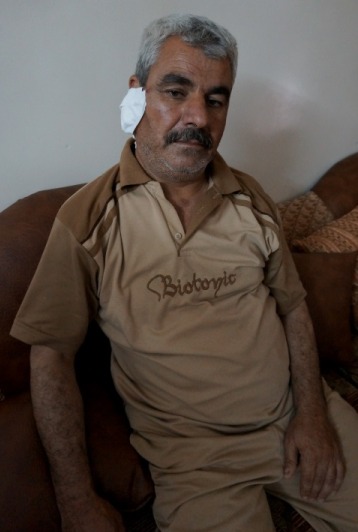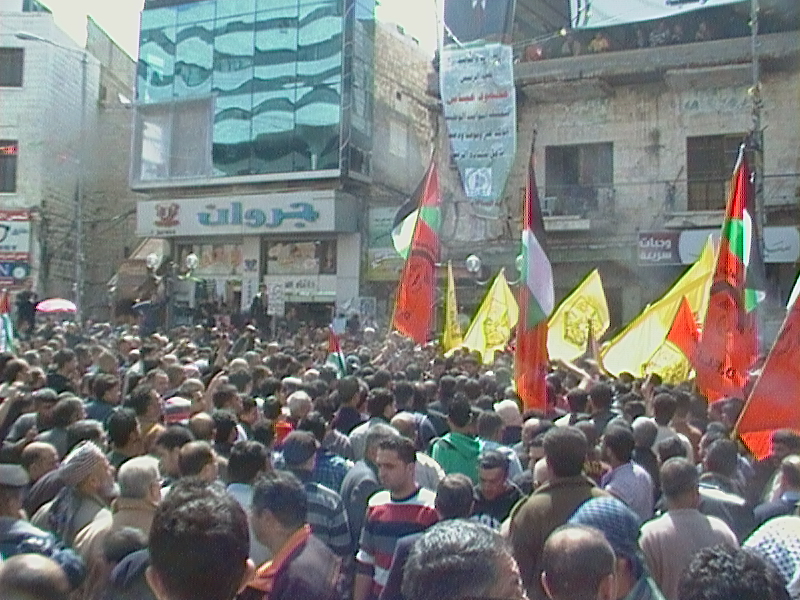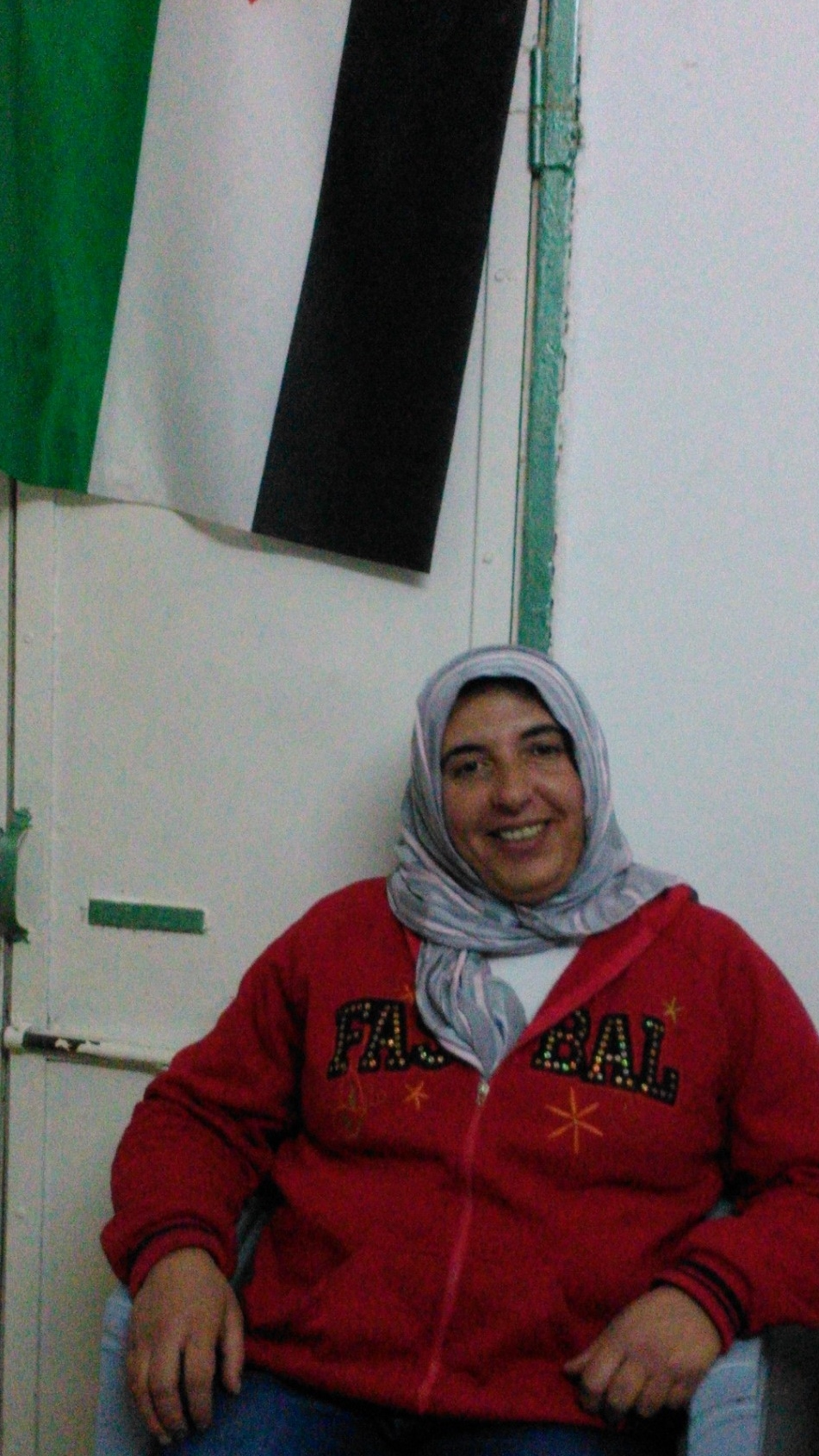Tag: Asira al-Qibliya
-
Asira Attacked 4 Nights in a Row
7th May 2014 | International Women’s Peace Service | Asira al-Qibliya, Occupied Palestine Israeli army raided the village of Asira al-Qibliya (south of Nablus) at 1 am on 5 May, arresting a 21-year-old, brutally assaulting his uncle, and terrorising the family’s children with attack dogs. Dozens of Israeli soldiers invaded Asira by foot, sneaking in from the backside of…
-
The remains of martyr Ahmad Saleh finally returned to family
20th March 2014 | International Solidarity Movement, Nablus Team | Asira al-Qibliya, Occupied Palestine In June 2002, Israeli soldiers assassinated 18-year-old Ahmad Saleh from the village of Asira al-Qibliya after he entered the illegal settlement of Yizhar. Ahmad’s body was then convicted post mortem to be held for 20 years by the Israeli authorities. Today,…
-
An interview with Hakima Hasan Motlaq on positive resistance and women’s empowerment in the village of Asira al-Qibliya
6th December 2013 | International Solidarity Movement | Asira al-Qibliya, Occupied Palestine Could you tell us a bit about yourself? My name is Hakima Hasan Motlaq and I am from Asira al-Qibliya where I have always lived. It is south of Nablus and I’m 35 years old and I am married. I am the head of…



